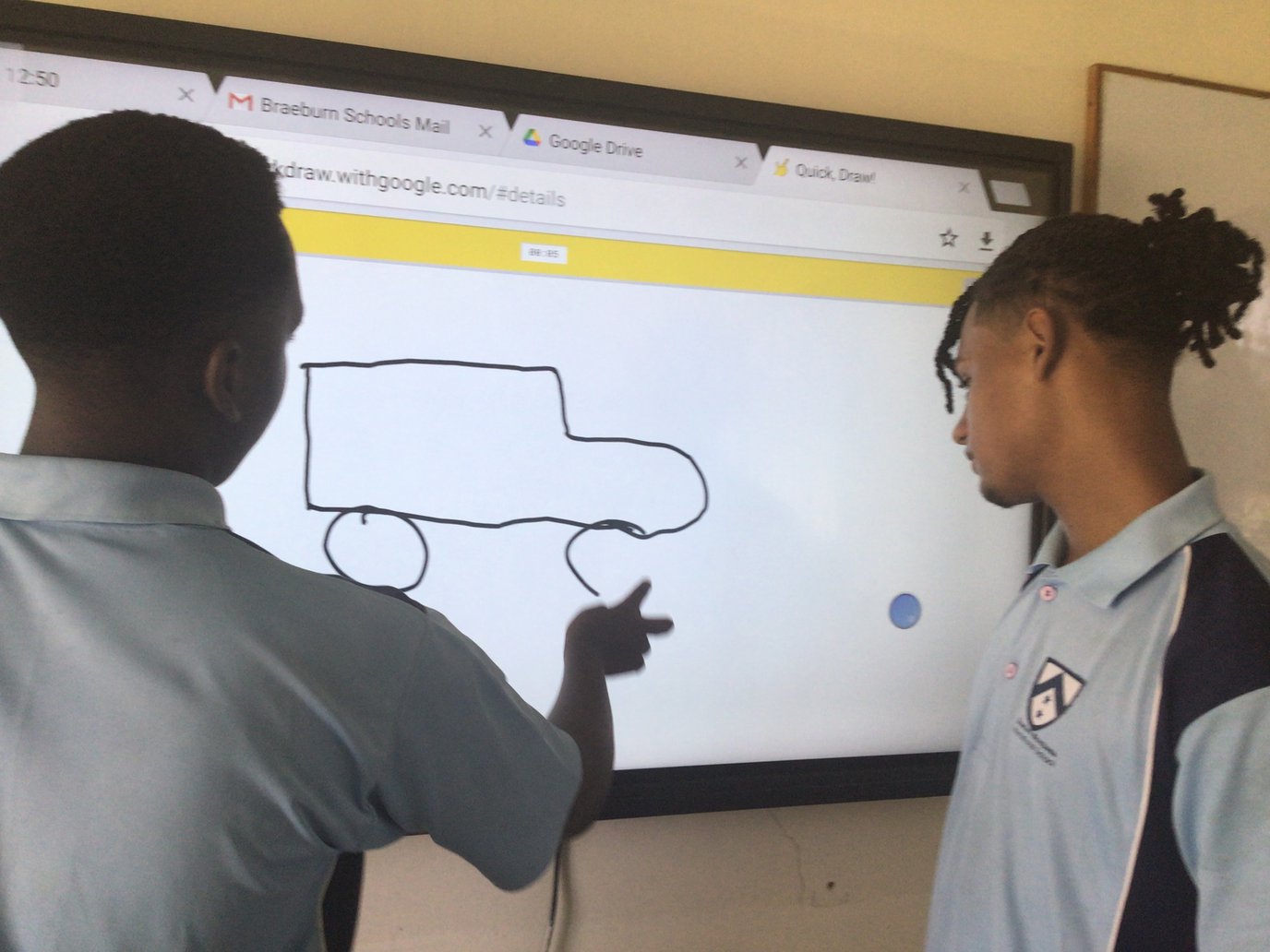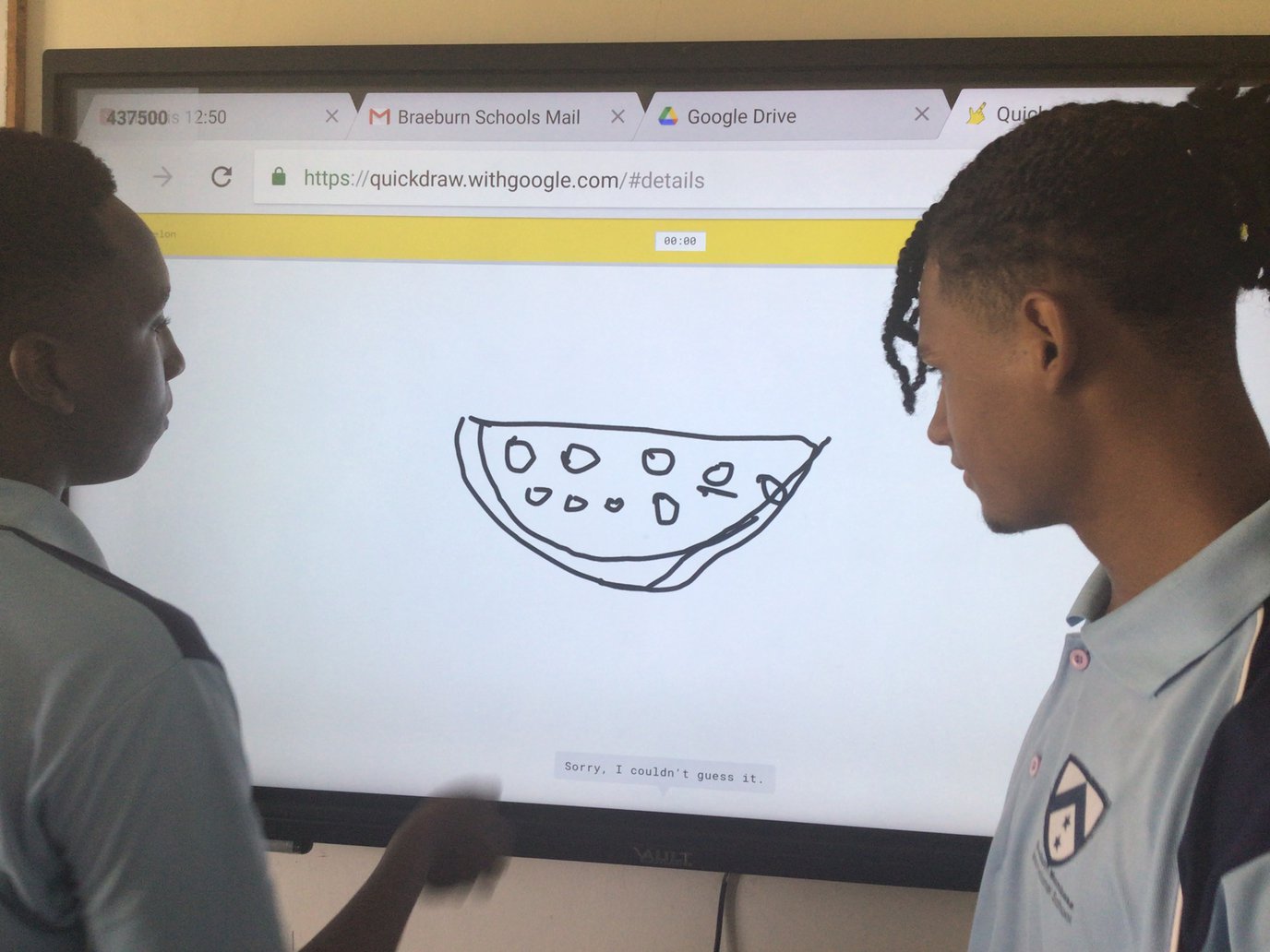Artificial Intelligence, Automation and Learning

8th September 2023
The use of AI (artificial intelligence) is becoming ever more prevalent and important in our lives. AI, automation and emerging technologies is a recent addition to the IGCSE Computer Science course. Here, some of the Year 11 students, Alexander and Maxwell, explain what these technologies are and the impact they have.
Automation is the use of robotics, software, or other technologies to obtain results with little or no human involvement. For example: Multiple Choice Question answer sheets for IGCSE exams. These are automatically read and checked by machines. They work faster and more accurately than humans can.
Artificial Intelligence is the development of programs to simulate human behaviour and thinking. There is a broad range of areas within AI:
- Machine Learning: to acquire new knowledge
- Natural language processing: to create humanlike conversational dialogue.
- Speech recognition: to identify words spoken
- Image recognition: to identify visual stimuli


Positive Impact of AI
Healthcare AI has the potential to revolutionise healthcare by improving diagnosis accuracy, developing personalised treatment plans, and reducing medical errors. AI-powered tools can analyse medical images, detect anomalies more accurately than human doctors.
Finance AI is transforming the finance industry by automating routine tasks, detecting fraud, and providing personalised financial advice. AI-powered chatbots can handle customer inquiries and transactions, while machine learning algorithms can analyse financial data.
Transportation AI is helping to improve transportation safety, efficiency, and sustainability. Self-driving cars and trucks can reduce accidents and traffic congestion, while AI-powered traffic management systems can optimise routes and reduce emissions.
Negative Impact of AI
Unequal Distribution of Job Opportunities While AI may create new jobs in fields such as data analysis and software development, these jobs often require specialised skills and education. This can lead to a widening gap between those who have the necessary skills and education to work in these fields and those who do not.
Unequal Distribution of Job Opportunities While AI may create new jobs in fields such as data analysis and software development, these jobs often require specialised skills and education. This can lead to a widening gap between those who have the necessary skills and education to work in these fields and those who do not.
The use of AI in BMIS
AI programs, such as OpenAI’s ChatGPT and Bard by Google, can respond to questions and compose various written content, including articles, social media posts, essays, program code, emails and homework assignments.
Our ICT usage agreement does allow for the responsible use of AI within school. Students can use AI to enhance their learning and understanding of a particular subject. They must not cheat, copy-paste or plagiarise, and they must disclose the use of AI.
AI should always be used to support your learning, not replace it. Ask yourself this question: Has the use of AI improved my learning?




